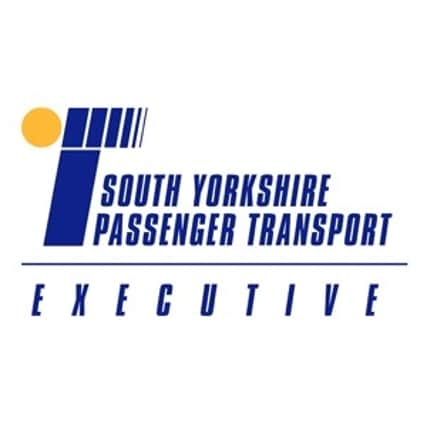"Ditch the car" call on Clean Air Day


South Yorkshire Passenger Transport Executive (SYPTE) is urging commuters to switch to public transport and contribute towards curbing air pollution.
“Shifting to public transport could have a big impact on the levels of air pollution in our area, which are above the limit set by the World Health Organisation,” said Tim Taylor, Director of Customer Services at SYPTE.
Advertisement
Hide AdAdvertisement
Hide Ad“Usually the worst levels of pollution are recorded in the morning and early evening, during peak commuting times.
“The high concentration of these polluting particles can cause strokes, heart disease, lung cancer and respiratory infections.”
Research by Dr. Ben Barrett, Senior Lecturer in Air Quality Sciences at King's College London, shows that this picture could change dramatically if more and more people switch to commuting to work by public transport, or by using alternative modes.
Cars, especially diesel ones, are the biggest polluters on the streets and people are more exposed to road pollution inside their cars stuck in traffic than if they travel by bus, tram, bike, or simply walk.
Advertisement
Hide AdAdvertisement
Hide Ad“The message is simple: using public transport improves air quality and the health of everyone in the region,” said Mr Taylor.
A recent Travel to Work survey conducted by SYPTE with over 2,000 people in South Yorkshire showed that around 60 per cent of the respondents use a private car for some of, or all, their journey to work, but most of them (82 per cent) could do some, or all, of their journey by public transport.
One in every six buses operating in South Yorkshire uses the cleanest Euro VI low emission engines.
Once the older Euro VI and Euro V engine vehicles are converted by the end of 2019, this will rise to one-third of the combined fleet.
Advertisement
Hide AdAdvertisement
Hide AdAccording to the sustainable transport group Greener Journeys, if we all switched from car to bus just one journey a month, it would mean one billion fewer car journeys on our roads, saving two million tonnes of CO2 every year, helping to ease pollution and congestion.